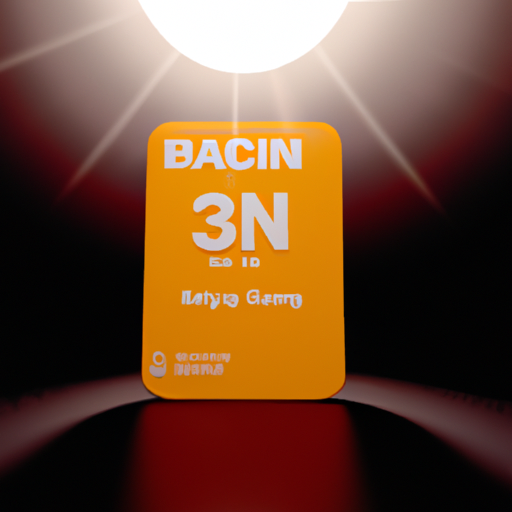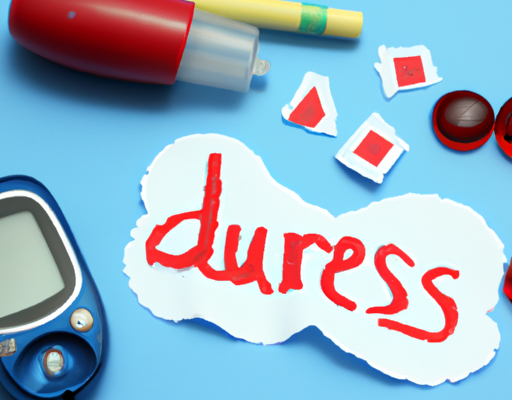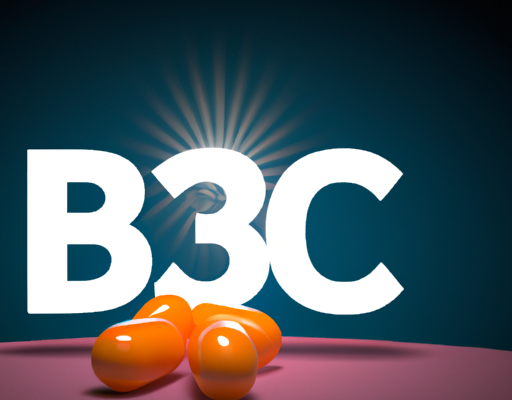Reasons Niacin Might be Contraindicated
Niacin, also known as vitamin B3, is an essential vitamin which plays an important role in a wide range of bodily functions, including energy production and the metabolism of fats and carbohydrates. However, while niacin can be beneficial in some situations, it can also be contraindicated in others. Here are some reasons why niacin might be contraindicated:
- People taking certain medications. Niacin has been known to interact with certain medicines, so if you are taking a medication, it is important to consult your doctor before taking niacin to make sure it will not interact negatively with any medication.
- People with certain conditions. If you suffer from a pre-existing condition such as gout, kidney disease, or diabetes, niacin might not be suitable for your condition as it can interfere with the enzymes that are necessary for these conditions.
- People with liver disease. Niacin can place extra strain on the liver and so should be avoided by people with liver disease.
- People with peptic ulcers. Niacin can irritate the stomach lining, so if you already suffer from an ulcer it might be best to avoid niacin altogether.
- Pregnant women. Niacin can have an effect on the fetus, so pregnant women should avoid taking niacin supplements.
If you believe you should be taking niacin, it is important that you speak to your doctor to make sure it is suitable for you, given your existing health conditions or medications.
Side Effects & Risks of Niacin
Niacin, also known as vitamin B3, can have a wide range of beneficial effects on health. But it’s important to understand that it can also have some unwanted side effects, depending on the dosage. When taken in high doses, niacin can cause skin flushing, dizziness, and even liver damage. It can also interact with some medicines, making them less effective. If you’re taking any medications, make sure to discuss taking niacin with your doctor. Excessive use of niacin can also disrupt another nutrient, vitamin B12, so it’s important to have your levels checked if you are taking niacin regularly. Niacin has a number of health benefits, but it’s important to be aware of the possible side effects, risks, and medical contraindications. Your doctor can help you find the right dosage to get the benefits without the risks.
Medications That React with Niacin
Niacin, or vitamin B3, is a necessary nutrient for the human body, but there can be serious consequences when it reacts with certain medications. If a person is taking certain drugs, it is extremely important to avoid niacin or foods that are high in this vitamin. For example, certain cholesterol-lowering medications, such as fibrates, can cause increased levels of niacin in the body, with the potential of causing serious side effects. Niacin can also interact with anticoagulants, resulting in an increased risk of bleeding. Diabetics should not take niacin without consulting a doctor first, as it can interact with some diabetes medications and increase the risk of hypoglycemia. It is also important to note that niacin supplements can interfere with the effectiveness of antibiotics or immunosuppressive medications, making it necessary to avoid them if any of these are prescribed. Before taking niacin or any supplement, it is best to always consult a healthcare professional for advice.
Diseases & Medical Conditions That React with Niacin
Niacin, also known as vitamin B3, is an essential nutrient that helps the body convert food into energy and can be found in a variety of foods. While it is generally considered safe, certain diseases and medical conditions can react adversely to niacin supplementation. People with kidney or liver disease, peptic ulcers, or certain types of diabetes should consult with their doctors before taking niacin supplements, as the body’s ability to process the nutrient may be impaired by their existing conditions. Additionally, those who are taking medications for cholesterol, diabetes, heart disease, or high blood pressure should be aware that niacin may interact with these medications, and be sure to inform their doctor if they choose to take niacin supplements. In general, it is always wise to consult a physician before beginning any new supplement regimen.
What To Do if You Have a Reaction to Niacin
If you have a reaction to taking niacin, it is important to seek immediate medical attention. While it is a relatively safe supplement, there are times when it can cause side-effects. These can include rashes, hives, itching and flushing of the skin. In more severe cases, it can lead to nausea, vomiting, abdominal pain and an increase in blood pressure. If any of these symptoms occur, it is best to stop taking the supplement and consult a health care provider for further advice. It is important to follow the instructions of your doctor and inform them of any allergies or other adverse reactions you experience. Additionally, if you suspect an allergic reaction or an overdose, it is essential to seek emergency medical attention.





No Comments